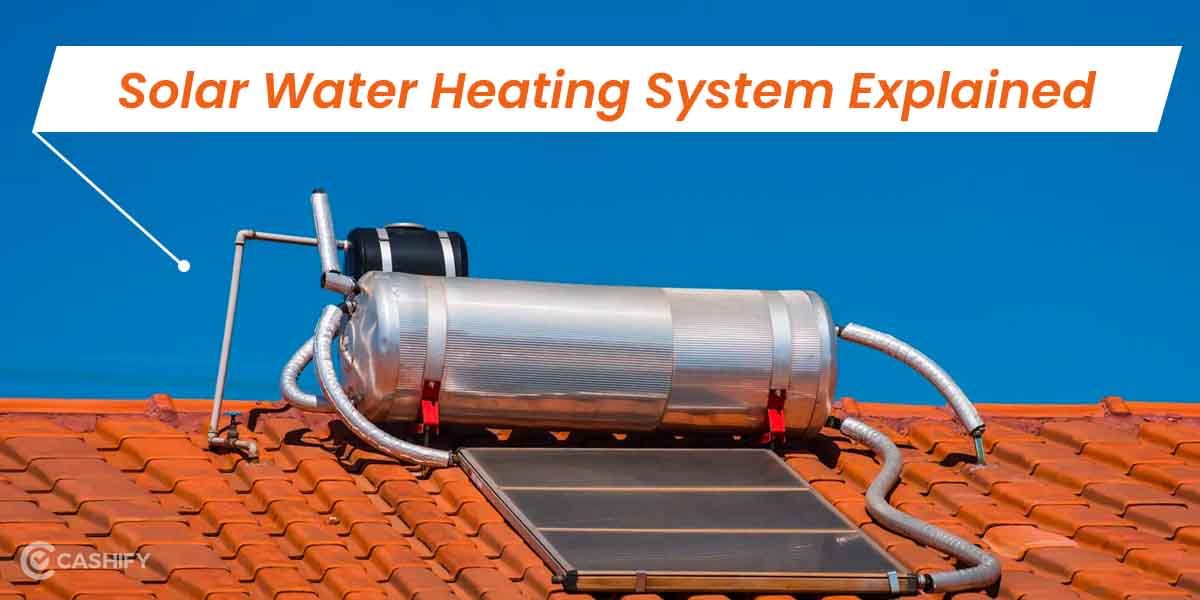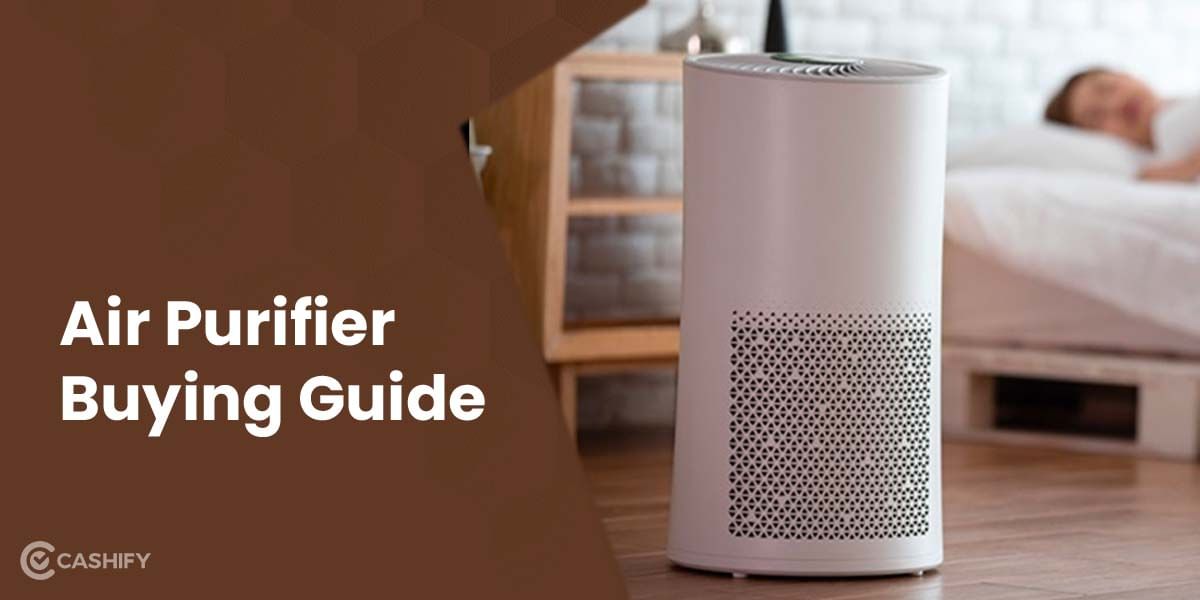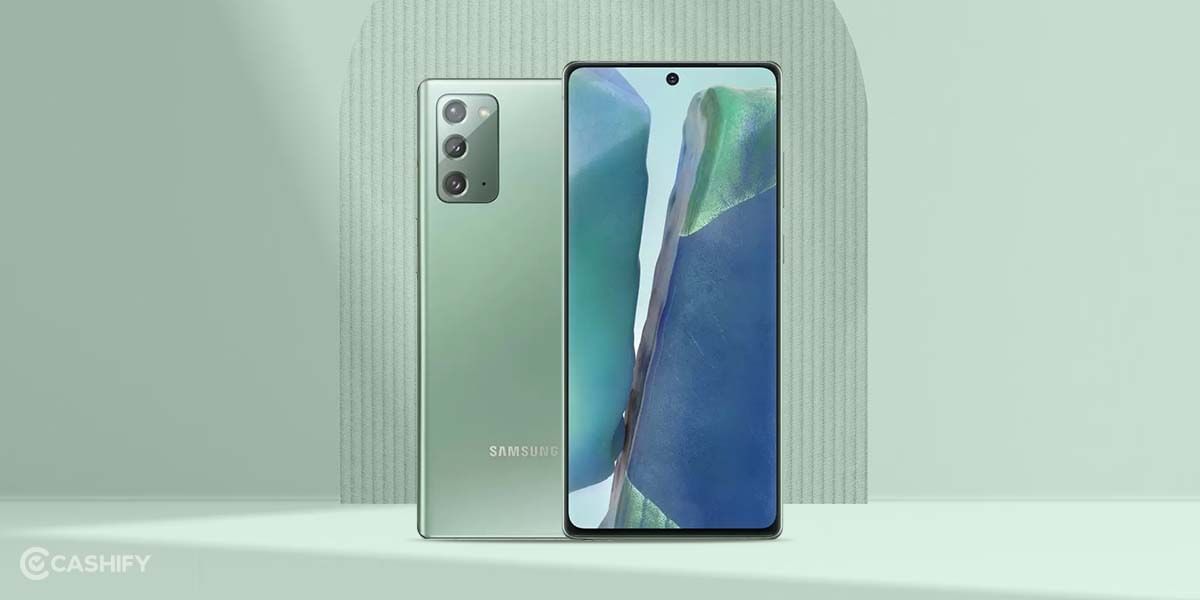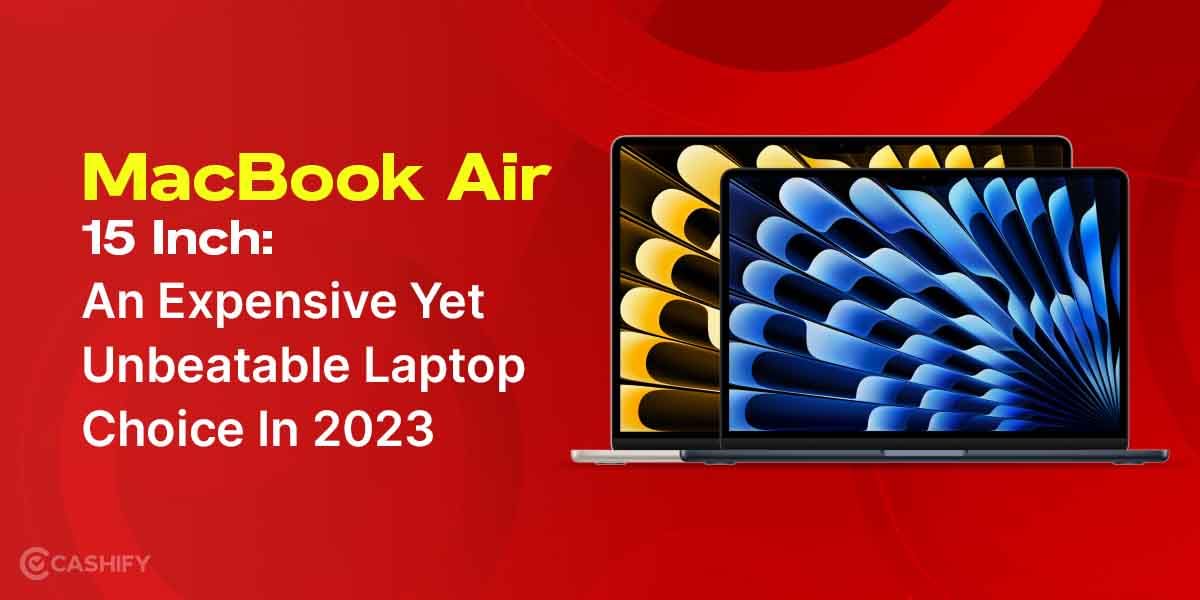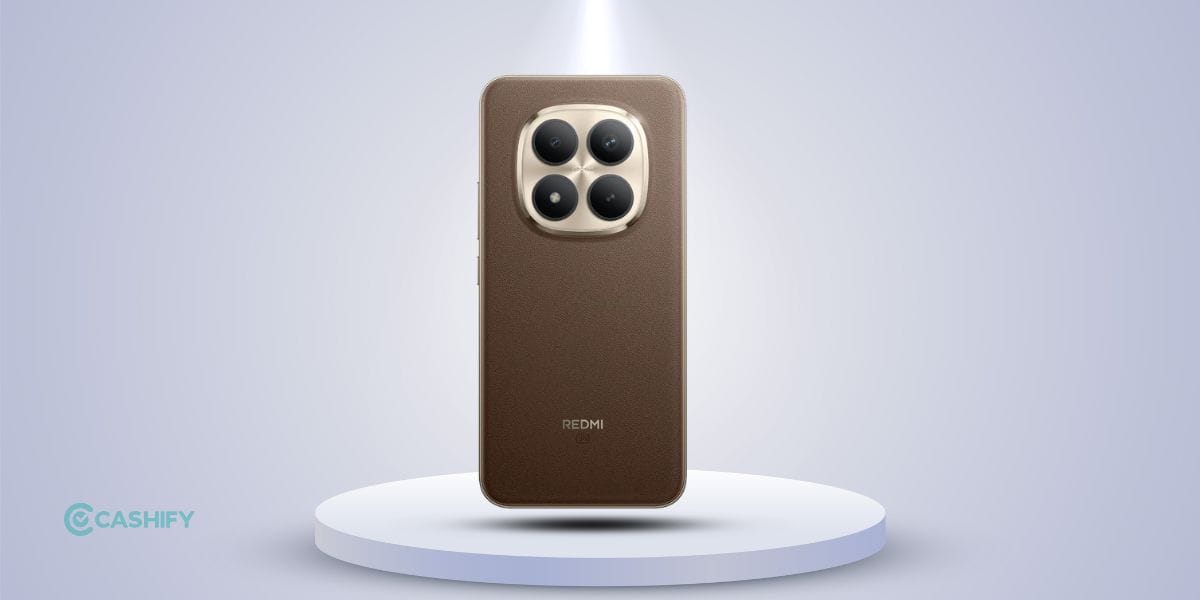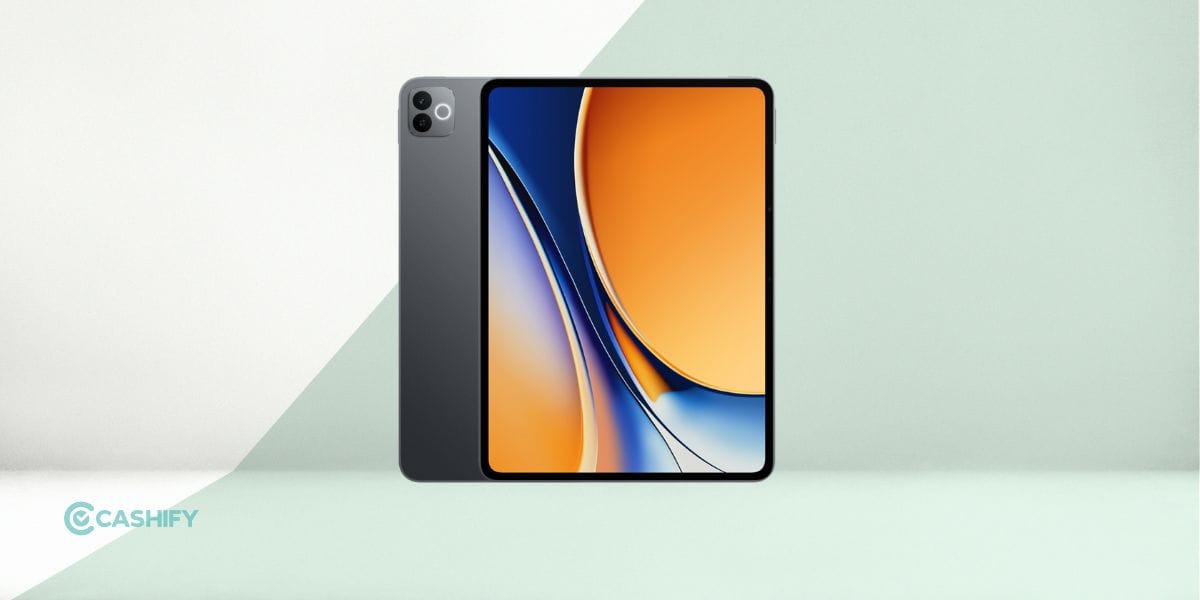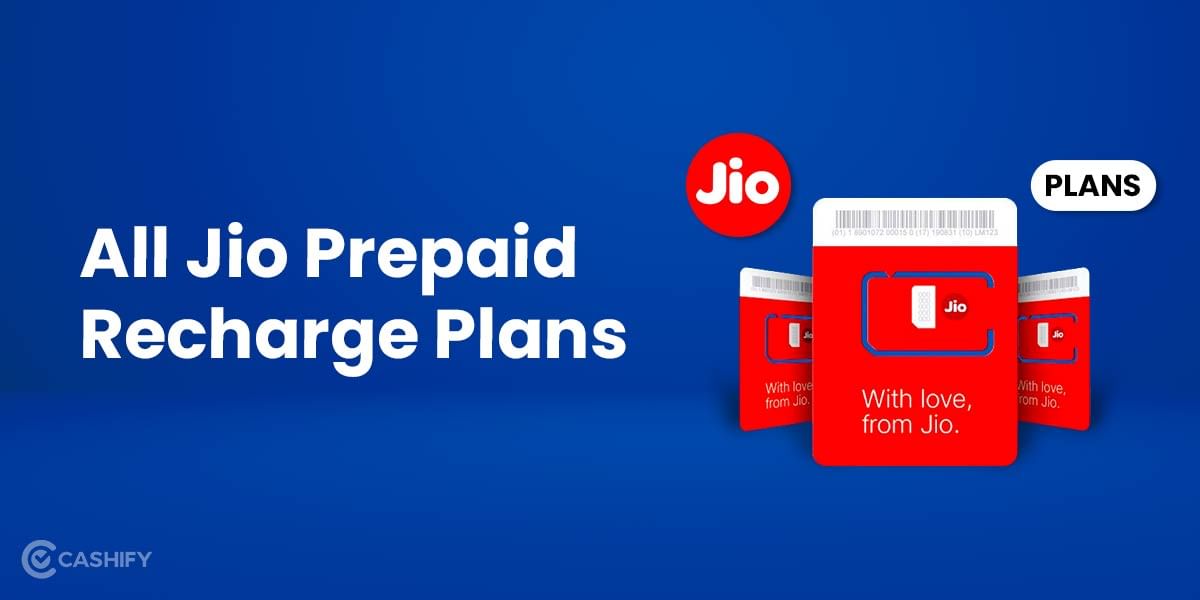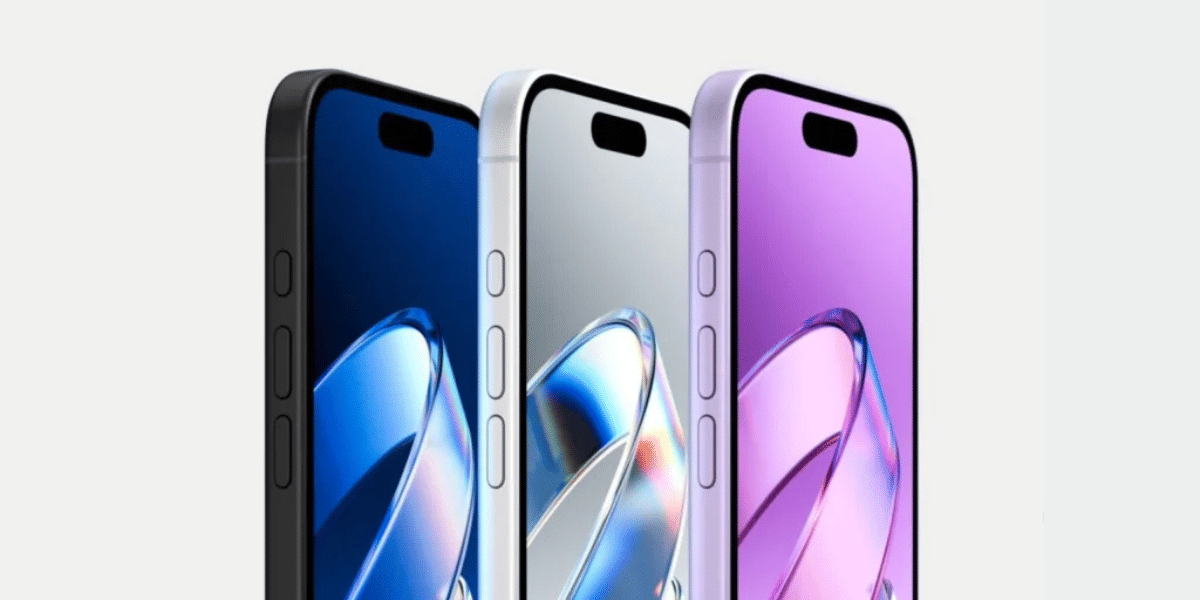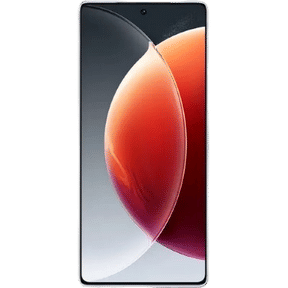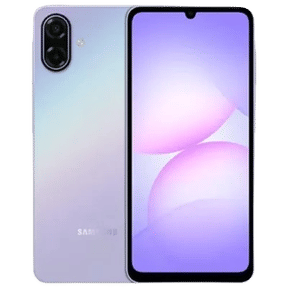In the kind words of Ned Stark, the heir to the House Stark, “The Winter is Coming”. Well, winter is coming and that’s when people start using water heaters and geysers to get a relaxing bath. However, buying a water heater isn’t as straightforward as you have to consider the budget, type, shape, model, and how it compares with other heating devices. This geyser buying guide will spare no questions as we will answer absolutely everything right here.
How Does A Water Heater Work?
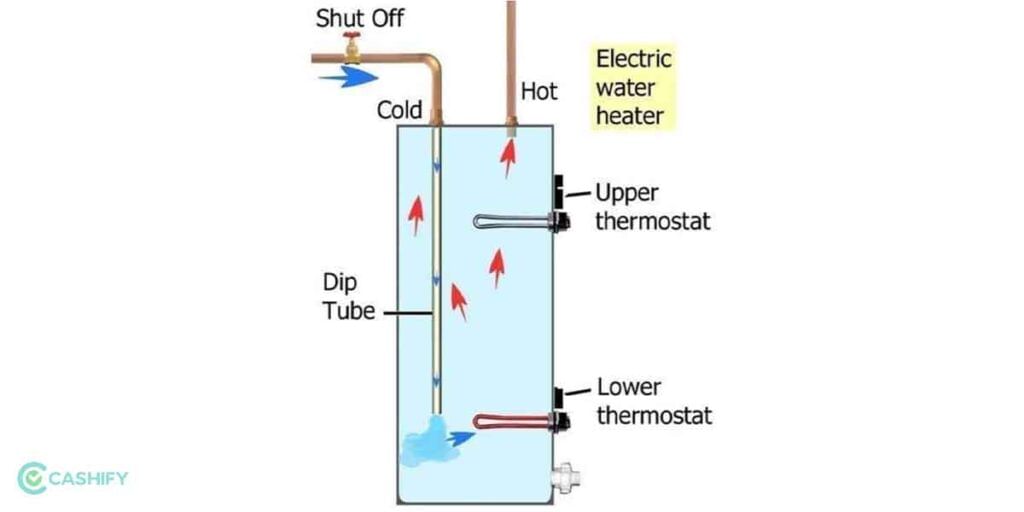
Now, we won’t be going into a lot of depth but the overview is fine for a buying guide. An electrical water heater uses an electrical-resistance heating element which is located in the middle of the tank. When the water heater is running, current passes through the heating element and the thermostat which is used to control the temperature of the outputted water. Depending upon if your water heater has a storage tank or not, the element heats the water as and when wanted.
An instant water heater simply draws water from the primary tank while a storage water heater has a separate tank onboard as a component that holds a specified amount of water for use. A geyser with a thermostat would keep monitoring the temperature of the water heating it up to a specific ‘high’ temperature.
Also Read: Best Usha Water Geysers In India
Water Heater Geyser Buying Guide
1. Types of Water Heaters
Now that you have an idea of how water heaters work, here are the types of water heaters available in the market.
Instant Water Heaters
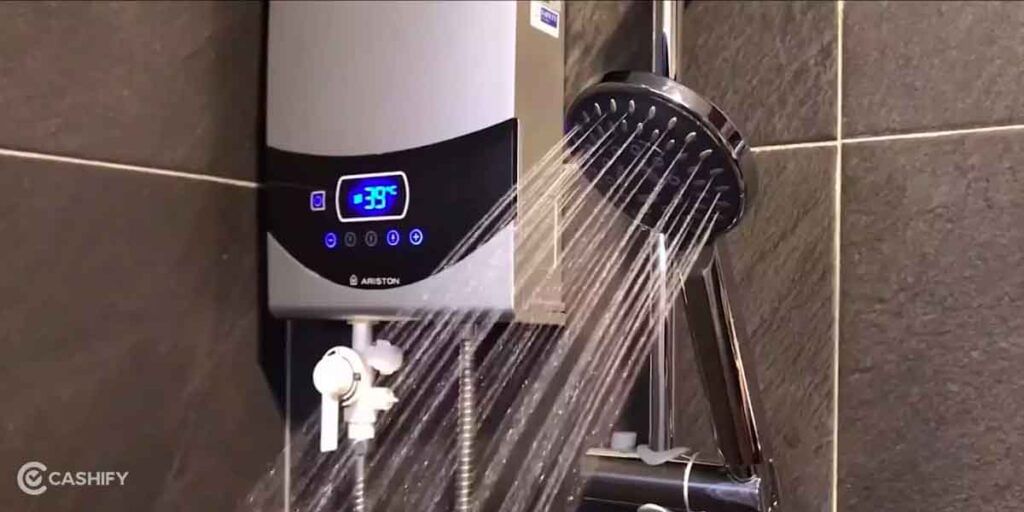
Also dubbed as a geyser, an instant water heater is simply an appliance that heats the water instantly as and when the water passes through the internal heating elements. It is mainly used in bathrooms although there are a lot of use cases such as kitchens where you would use it for washing utensils. An instant water heater offers convenience due to its smaller size and is ideal for kitchens or bathrooms with limited space.
It can’t store water and requires running water to heat it. Additionally, it can heat water in an instant, and depending upon the speed of water passing through it, the temperature can be controlled ultimately. Apart from that, it has a longer life span as it doesn’t have a water tank with water accumulated 24/7 potentially eroding it from the inside over time.
Storage Water Heaters
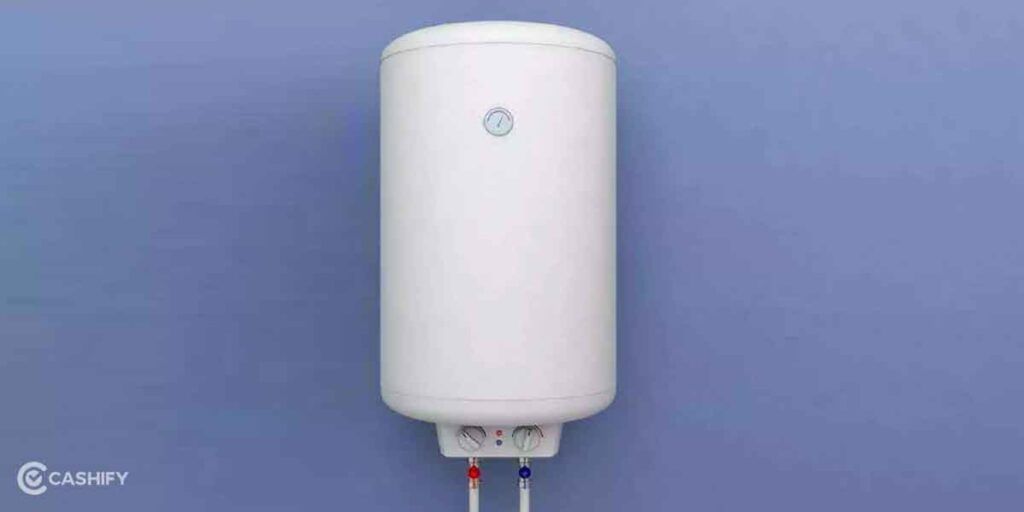
Unlike an instant geyser, a storage water heater has a storage tank onboard where you can store a few litres of water depending upon its capacity. The home appliance works when you turn on the power, takes a few minutes to heat the water in the tank, and there you go. The hot water is instantly available for use on buckets and via the shower head with sufficient water available at your disposal.
The heating cost is slightly on the higher end as the entire tank is heated and used at once. It can have capacities anywhere between 6 to 35 litres. A tank is great but adds to the overall maintenance and offers a shorter lifespan compared to a tankless heater. However, choosing between stainless steel and copper tanks might change the overall lifespan.
Gas Water Heaters
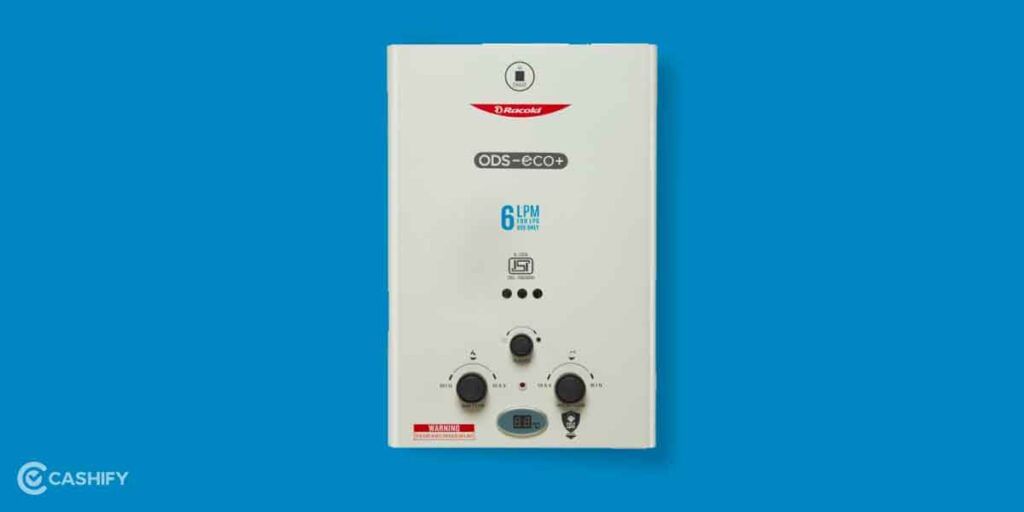
There are gas water heaters too that use LPG as their fuel to power up and heat the water. Although economical, costing you half of what an electric-powered geyser would cost, it does add a layer of safety risk associated with the handling of LPG which is flammable. It is available in both instant and storage tank modes depending on where you get it. However, gas water heaters are slightly on the expensive side when you are set to buy one.
Solar Water Heaters
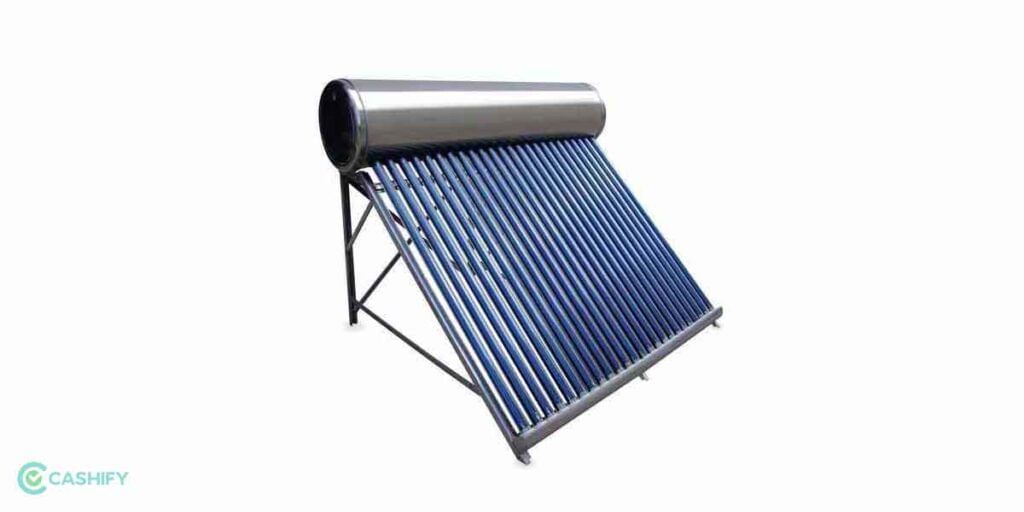
Another alternative to electric-powered geysers is solar-powered water heaters. A solar water heater uses a roof-mounted unit that absorbs the solar energy and transfers it to the antifreeze-like fluid which eventually helps in heating the water tank in a closed-loop system. These are economical and since you have to pay just for the maintenance while using the unending solar energy, it pretty much pays off.
Also Read: 5 Best Crompton Geysers In India October 2022
Immersion Rods
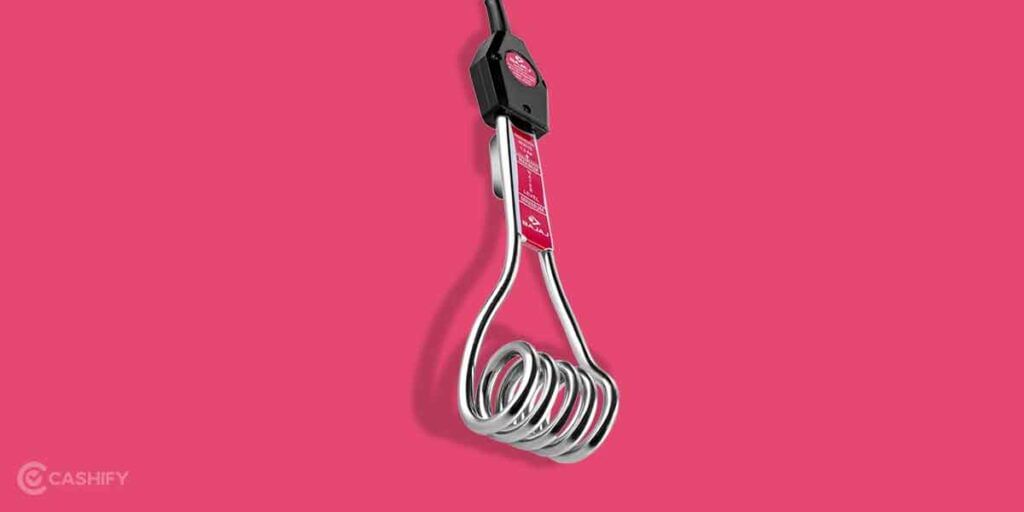
The simplest of all and widely used, immersion rods water heaters are compact and offer much more flexibility since you can heat a bucket of water kept a few feet away from the faucet as much as the wire hooked to the power source allows you to. There’s a hanging hook that you can place on the rim of the bucket to hold. It is still easy to use since all you have to do is to place the heater in the water and turn on the power. Moreover, with time, the water turns boiling hot which is something a subset of buyers would love.
2. Capacity
When choosing the geyser or water heater, it’s imperative to consider family size, purpose and type of geyser to determine the suitable size for the appliance.
| Family Members | Purpose | Geyser Type | Capacity |
| 2 to 3 | Bathing using bucket | Instant | 6 Litres |
| 2 to 3 | Bathing using bucket | Storage | 10 – 15 litres |
| 2 to 3 | Bathing using shower | Storage | 25 Litres |
| 2 to 3 | Washing Utensils | Instant | 1 to 3 Litres |
| 4 to 8 | Bathing using bucket | Instant | 6 Litres |
| 4 to 8 | Bathing using bucket | Storage | 25 Litres |
| 4 to 8 | Bathing using shower | Storage | 30 Litres |
| 4 to 8 | Washing Utensils | Instant | 1 to 3 Litres |
Of course, these numbers are indicative, and depending upon the use case, the capacity might change. The mentioned capacity is based on average use by the number of family members, the purpose, and the type of water heater.
The best thing about an instant water heater is that the water is instantly heated when someone is bathing whereas a storage model would need a few minutes of headstarts.
3. Space/Size
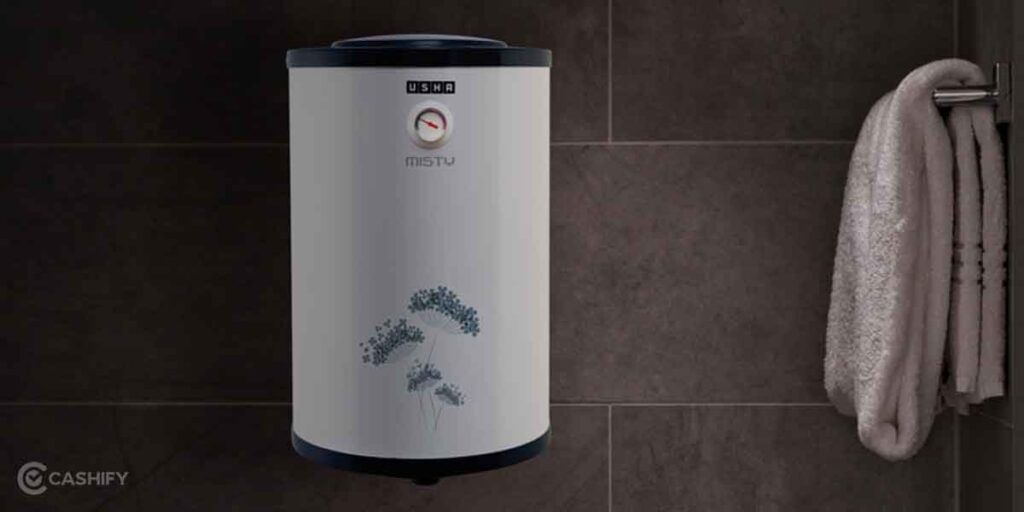
Next up, you need to factor in the size of the water heater. An immersion rod is simply easy to use and doesn’t take much space since you use it and keep it tucked somewhere in the house. On the other hand, an instant or storage water heater is affixed and thus, you must consider their sizes. An instant geyser is compact whereas a storage water heater takes up a lot of space. You can choose the right geyser type and size based on the availability of space in your bathroom or kitchen.
Also Read: Best Immersion Heater In India
4. Pricing Range
The price of a water heater varies a lot. However, it is highly recommended to pick any model from trustworthy brands that offer both warranty and after-sales service. Some of the brands that are popular in India are Bajaj, Hindware, Orient, Crompton, Havells, Haier, V-guard, AO Smith, Racold, Usha, Khaitan, and Jaquar, among others.
According to Amazon India, there are a lot of choices between Rs. 3,000 to upwards of Rs. 8,000 if you are looking for an instant geyser. Of course, the price varies with the capacity. For instance, Havells Instanio 3-Litre Instant Geyser is priced at Rs. 3,500.
The storage water heaters are on the higher side of the price range ranging from Rs. 5,000 to 15,000. For instance, the Bajaj New Shakti Neo Plus 15L Storage Water Heater is priced at Rs. 6,000 and the 25L variants are priced at around Rs. 8,000.
5. Energy Efficiency and Ratings
Energy efficiency is another crucial factor in deciding the best water heaters or geysers for your home. This is because, at the end of the day, the electricity consumption bill will correspond to how many units you consumed while using the geysers.
The more energy efficient the water heater is, the lesser the energy expenditure and thus, the electricity bill. Moreover, the impact of a higher-rated water heater is less than a lower-rated one although the pricing magnifies widely as you go up the ladder while each star indicates the hike. Buying a 4 or 5-star rated water heater makes sense as it would consume significantly less energy and you can anyhow cover the added cost within a few years.
6. Features To Consider
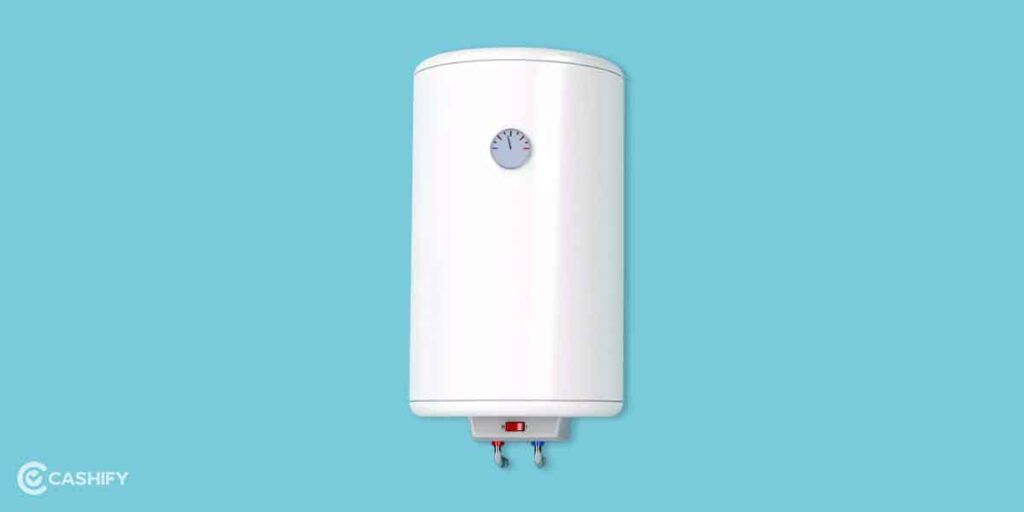
Let’s check out some of the features and things you should consider when buying a water heater.
Warranty
Unlike any other features, you should opt for a warranty on the heater as it’s a home appliance and there’s always a probability that it might not work at some point in time. Having warranties on the appliance ensures that it is covered for repairs from the manufacturer allowing for genuine after-sales servicing. However, if you buy a water heater from a reputed brand such as Bajaj, Havells etc and you have a valid invoice you are definitely covered under warranty.
Auto-Off (Built-in Thermostat)
Another useful feature that you need to look out for is auto-off. In essence, it doesn’t protect the heater from consuming more power than usual but also prevents overheating. The heater will automatically shut down thereby ensuring that you have a heater to use the next time without needing immediate repair.
Hard water
Depending on where you live, the contents of water might change. Hard water, unlike soft and potable water, has a high mixture of dissolved minerals that will accelerate corrosion in the heater since it deals with the exchange of water. A geyser that can handle hard water will ensure there’s an anti-corrosive layer on the tank while you can use a water softener to keep the hardness on the lower end of the stick.
Rated Water Pressure
Make sure to get a geyser that can regulate the water pressure as per requirement. This feature is essential for users who have low water pressure in their homes. The ideal pressure is 2-6 bars and with a rated water pressure feature the geyser can help maintain the pressure.
Capacity
You should always consider the capacity of the water heater when buying one. If you have requirements for 4-5 members and buy a smaller geyser, that would be inadequate and the same goes vice versa.
Power Consumption
Most people wouldn’t even think twice about buying a random geyser just because a salesperson recommended it. The power consumption often mentioned with energy stars can help save a tonne in terms of power expenses. For instance, a geyser with a five-star rating will be power efficient but expensive. On the other hand, the one with a one or two-star rating will be cheaper but less cost-efficient.
Tips on reducing power consumption by Water Heaters/ Geysers
Here are some tips that you can consider to reduce power consumption by utilizing water heaters or geysers.
#1: Always go for an ISI-rated water heater and always go for a trusted brand such as Havells, Bajaj, Anchor etc. The older the brand, the wider will be its service coverage where you can report any issue and get it fixed. Newer brands might be good but will have limited servicing capabilities.
#2: If you know, you can control the temperature of water by altering the faucet/tap unless you have a thermostat to control it. However, it is not a brain teaser that the hotter the water is, the more power you will utilise. Thus, this will translate into higher energy bills.
#3: If you have a storage tank, it is a good practice to drain the tank once or twice a year. It removes sediments that could be impending heat transfer and thus, raising your energy bills.
#4: If your geyser is older than say 10 years or so, it is worth replacing it with a new one with a higher energy star rating. Doing so doesn’t just give you better efficiency in terms of heating water but the power consumption can be lowered as well. Moreover, it will instantly save you from repair costs associated with older geyser models whose spare parts may have become obsolete.
Also Read: Best Electric Water Heater Geysers In India




